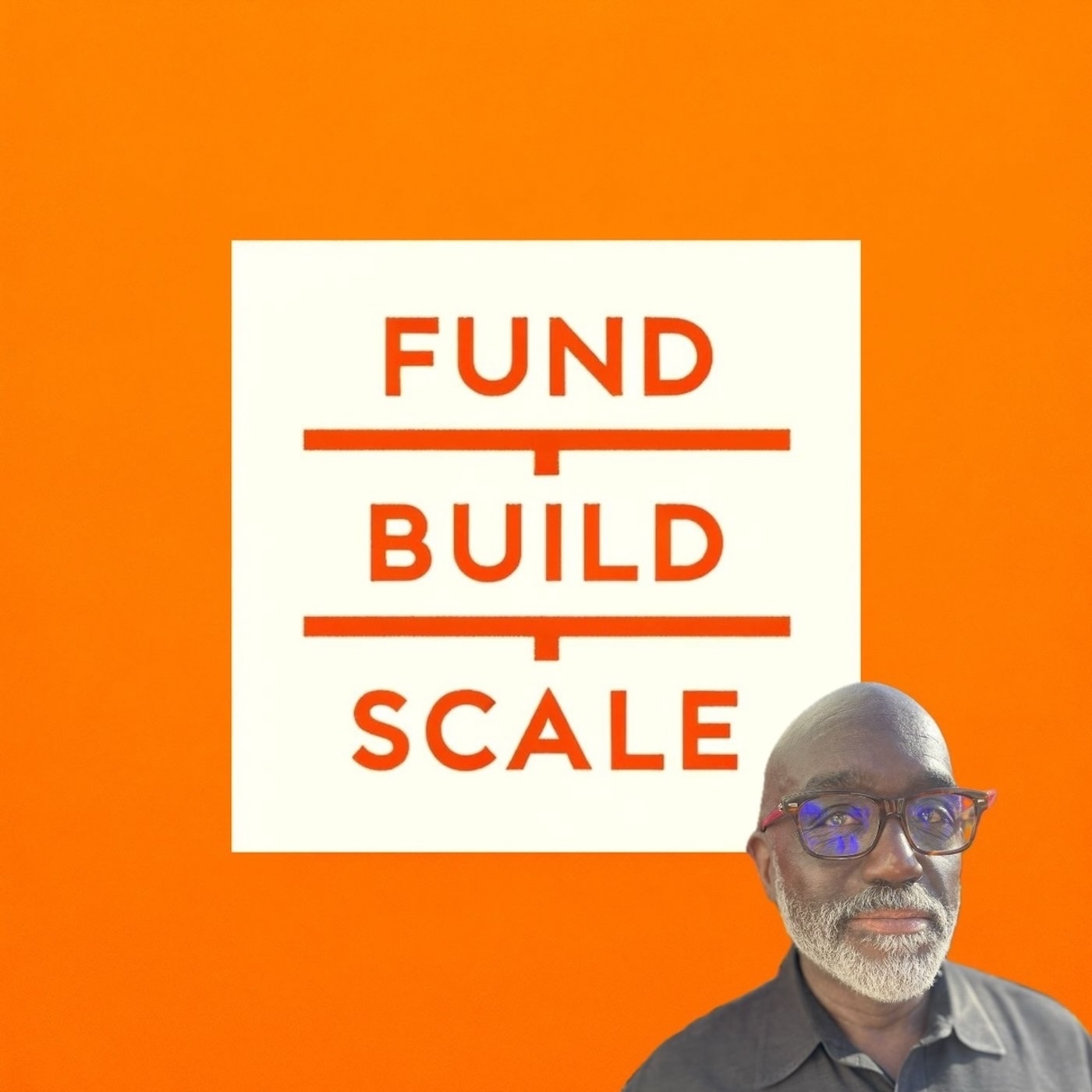From concept to Series A: How Inversion got its space-based cargo platform off the ground
Description
Deeptech founders are solving problems that most of us don’t think of as problems and tackling challenges that push the boundaries of what we think is possible.
This interview with Justin Fiaschetti, CEO and co-founder of Inversion, is a good example. Inversion is building a platform that will enable space-based cargo delivery using autonomous re-entry vehicles with parachutes that will let them deliver goods from space to pretty much anywhere on Earth in less than 60 minutes within 20 feet of their customer.
After my initial chat with Justin to prepare for this interview, I literally had to take a walk to process it all.
Today, Inversion is announcing its $44 million Series A round — a clear signal that investors and potential customers believe the company is on the verge of something groundbreaking.
“None of our customers care about how technically cool or what new fun technology we have on our product,” said Justin.
“All they care about is can they get their cargo in under an hour, wherever they want. And so our goal is to do the minimum amount of technical innovation in order to meet our customers’ needs while having a growth path to continue to increase the capability [and] reduce the cost for our customers.”
I interviewed him about early customer discovery and market validation, how Inversion is developing its go-to-market strategy, and asked how he plans to put the Series A to work in the company’s next stage of development.
We also discussed the unique challenge of pitching something to investors that only exists in your imagination.
“What is the addressable market for delivery from space? It doesn't exist right now,” said Justin. “Fundamentally, we're making a new market.”
RUNTIME: 56:15
EPISODE BREAKDOWN
(3:55) “Space really only has two viable business models. And we asked ourselves, ‘what's the third thing that's going to happen?’”
(6:05) How Inversion’s on-demand space cargo delivery platform will work.
(8:12) “I like to define ourselves by our customers rather than by our technology.”
(12:08) “Having closed this Series A, there are a couple of big things for us.”
(14:33) Differences between the Ray reentry vehicle and Arc, the larger prototype.
(16:50) Inside Inversion’s go-to-market strategy.
(20:39) “Nobody's built this before. There is no playbook. There is no rule set that you have to follow.”
(25:21) Justin’s approach to validating customer demand for space-based cargo delivery.
(27:40) “Our first investor pitch went terribly.”
(31:07) Why Justin and Austin pivoted away from their initial idea.
(34:40) “There is a huge market for on-demand and rapid cargo delivery.”
(39:18) “We are the first new space company to develop parachutes in space.”
(43:56) His framework for staying focused on product and customer needs.
(46:00) “Starting with the military has been critical for us.”
(50:45) “One of my personal goals is to deliver the Olympic torch.”
(51:13) How Inversion is navigating the Valley of Death.
(54:26) One question he’d have to ask the CEO if he were interviewing for a job at a deep tech startup.
LINKS
Inversion
Justin Fiaschetti, CEO/co-founder
Austin Briggs, CTO/co-founder
Inversion Space accelerates orbital reentry vehicle tech with $71M Space Force contract (TechCrunch)
Inversion secures reentry license for first mission (Space News)
Jobs at Inversion
SUBSCRIBE
📥 LinkedIn: https://www.linkedin.com/newsletters/7249143254363856897/
📓Substack: https://fundbuildscale.substack.com
Thanks for listening!
-- Walter.
More Episodes
Branding is a condensed form of storytelling.
That’s my opinion, but it’s also shared by David Placek, founder and president of Lexicon Branding. Here are a few of the companies and products they’ve named since 1982:
Subaru Outback, Subaru Forester
BlackBerry
Pentium
PowerBook
Nissan...
Published 11/22/24
Published 11/22/24
If you want a healthy relationship, it’s essential to set clear expectations and boundaries from the start.
The same holds true for a founder and their board. Despite the power dynamics, CEOs can still create a transparent communication framework that respects everyone’s limited time.
In part...
Published 10/28/24


